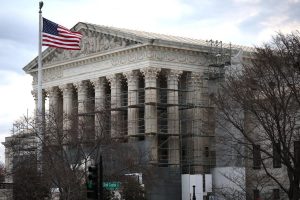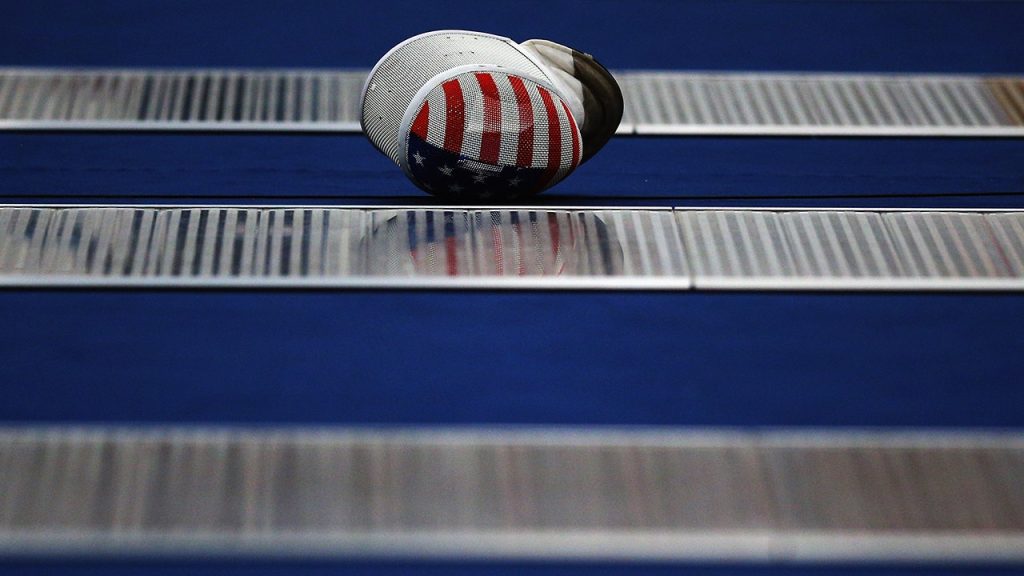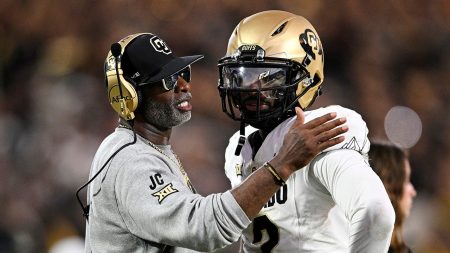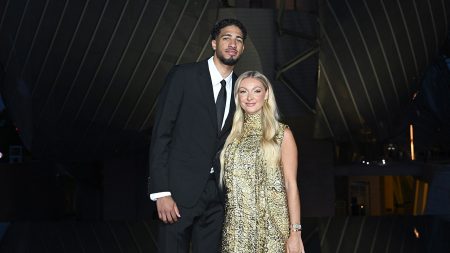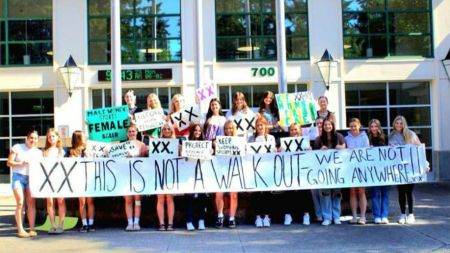The Fair Fencing Organization (FFO), a nationwide nonprofit, has publicly challenged USA Fencing’s stance on several key issues, including tournament site selection, transgender inclusion, and diversity, equity, and inclusion (DEI) initiatives. In an open letter addressed to the USA Fencing Board of Directors, the FFO argues that the governing body should prioritize the interests of its members over political correctness when making decisions. The letter specifically criticizes USA Fencing for allegedly prioritizing states with pro-abortion rights policies when choosing locations for national tournaments, advocating instead for a focus on safety, accessibility, and financial considerations. The FFO cites past incidents where fencers experienced harassment, gunshots near their hotels, and other safety concerns, emphasizing that member safety should be paramount.
The FFO’s letter further contests USA Fencing’s approach to transgender inclusion in the sport. While acknowledging the existing policy that allows athletes to compete in accordance with their gender identity, the organization calls for the formation of an all-women task force to delve deeper into the issue and assess its impact on female competitors. This proposal, though already suggested by a board member, is underscored by the FFO’s assertion that they will consider legal action if the matter isn’t adequately addressed. The FFO emphasizes the need for a safe space where women’s concerns can be heard without fear of ridicule or reprisal, stressing that their concern is not about opposing transgender athletes but rather about understanding the implications for women’s competition.
The third major point of contention raised by the FFO is USA Fencing’s allocation of funds towards DEI initiatives. The organization explicitly objects to the use of member funds for paid DEI positions, arguing that such allocations should only be made for ideologically or politically motivated positions if authorized by a majority of the members. This stance reflects the FFO’s broader concern that USA Fencing is prioritizing political agendas over the practical needs and preferences of its membership.
USA Fencing has responded to the FFO’s open letter by stating that it would be inappropriate to publicly comment on any motions or proposals before their upcoming board meeting. They affirmed that the issues raised by the FFO will be discussed and deliberated upon during the meeting, ensuring decisions align with the organization’s governance procedures. USA Fencing emphasized that its board members are elected representatives tasked with acting in the best interest of the entire fencing community.
The clash between the FFO and USA Fencing highlights the increasing intersection of sports and sociopolitical issues. The FFO’s arguments center on a perceived prioritization of political stances over practical concerns like athlete safety, competitive fairness, and fiscal responsibility. Their call for prioritizing safety, accessibility, and financial factors in tournament site selection reflects a desire to ensure that competitions are held in environments conducive to athlete well-being and fair play, rather than being influenced by political considerations. The organization’s concern about the allocation of funds towards DEI initiatives stems from a belief that member contributions should be used for the direct benefit of athletes and the sport, not for promoting specific ideologies.
The debate over transgender inclusion in sports is particularly complex, involving considerations of fairness, inclusivity, and the biological differences between sexes. The FFO’s request for an all-women task force reflects a desire to explore the nuances of this issue and its specific implications for women’s fencing, seeking to balance the principles of inclusion with the desire to maintain fair competition. This call for further investigation underscores the need for open and respectful dialogue on this sensitive topic, acknowledging the concerns of all stakeholders. The FFO’s stance isn’t necessarily against transgender athletes participating, but rather a call for a more thorough understanding of the effects on women’s sports and the potential need for adjustments to ensure fair competition.

